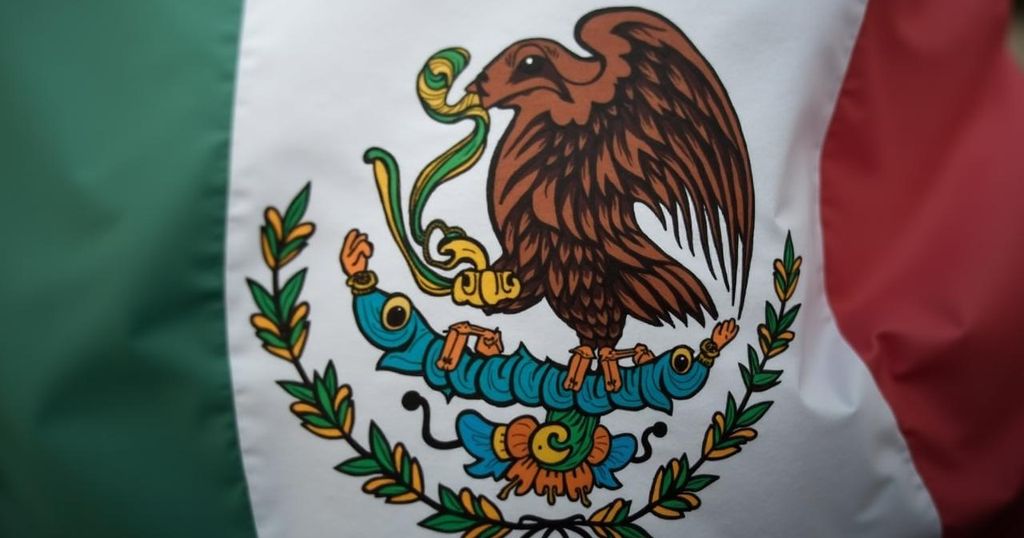Gaza, Mexico, and Haiti: This Week in World News

This week’s world news roundup from American Prestige addresses key global developments, including heightened tensions in Palestine amid the anniversary of October 7, fresh military actions in Lebanon, North Korea’s severance of ties with South Korea, political changes in Japan, and escalating violence in Haiti and parts of Africa, while also unveiling Russia’s advances in Ukraine and a new agreement concerning the Chagos Islands.
This week’s world news roundup from American Prestige covers a multitude of significant global events, including the dire situation in Palestine amid the one-year anniversary of the October 7 conflict. Reports from ProPublica and Drop Site allege U.S. complicity in the deaths of aid workers due to military actions, leading to new IDF sieges in northern Gaza. Discussions between U.S. President Joe Biden and Israeli Prime Minister Benjamin Netanyahu are centered on retaliatory measures against Iran. Netanyahu’s threats to transform Lebanon into a warzone further escalates tensions, while the IDF carries out invasions and evacuation orders in southern Lebanon, with reports indicating that Beirut’s airport may be next in focus. Additionally, there has been an increase in Hezbollah casualties due to ongoing confrontations. Moving to Asia, North Korea has severed all remaining road and rail ties with South Korea. Japan is witnessing political shifts with a new Prime Minister and anticipatory snap elections on the horizon. In Africa, North Darfur state is embroiled in renewed conflicts, while Ethiopia experiences heightened tensions in the Amhara region. Meanwhile, Russia continues to make strategic advances in its ongoing conflict with Ukraine. On a diplomatic front, the United Kingdom and Mauritius have reached a significant agreement regarding the Chagos Islands, while Claudia Sheinbaum has ascended to leadership as the new President of Mexico. In Haiti, armed groups have perpetrated attacks leading to numerous fatalities in Pont Sonde, underscoring the persistent violence in the nation.
The situation in Gaza and the surrounding region continues to be extremely volatile, particularly in light of the anniversary of the October 7 incidents and the ongoing Israeli-Palestinian conflict. Reports highlighting U.S. involvement in aid worker casualties reflect broader concerns regarding international complicity in warfare. Concurrently, geopolitical tensions are palpable in Asia as North Korea distances itself from South Korea, which may signal further regional instability. Japan’s political developments are critical in understanding the shifting alliances in East Asia as issues unfold. In Africa, conflicts in Sudan and Ethiopia illustrate the continent’s ongoing struggles with civil unrest. Russia’s movements in Ukraine remain a focal point of international discourse, influencing diplomatic relations worldwide. Finally, events in Mexico and Haiti highlight the diverse challenges faced by nations grappling with governance and security issues.
The world is witnessing significant political and military developments that reflect both regional and global tensions. The anniversary of the October events in Palestine has reignited discussions about U.S. foreign policy and its implications for humanitarian crises. Simultaneously, shifts in leadership in countries like Japan and Mexico, and the ceaseless conflicts in Africa and the Middle East, point to a complex international landscape where diplomacy and conflict intersect. As such, ongoing vigilance and analysis of these events are crucial for understanding their potential impact on global stability.
Original Source: www.thenation.com








